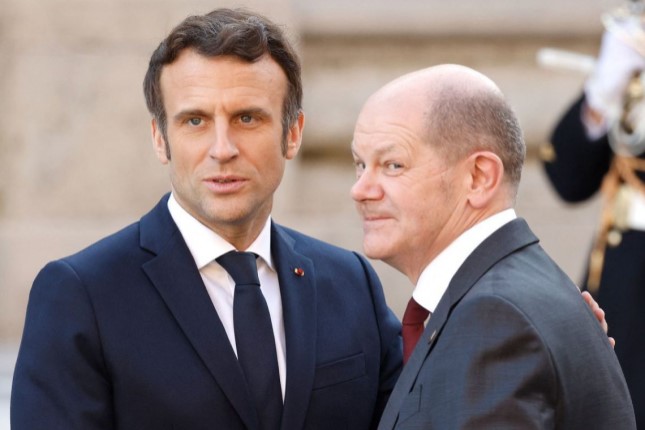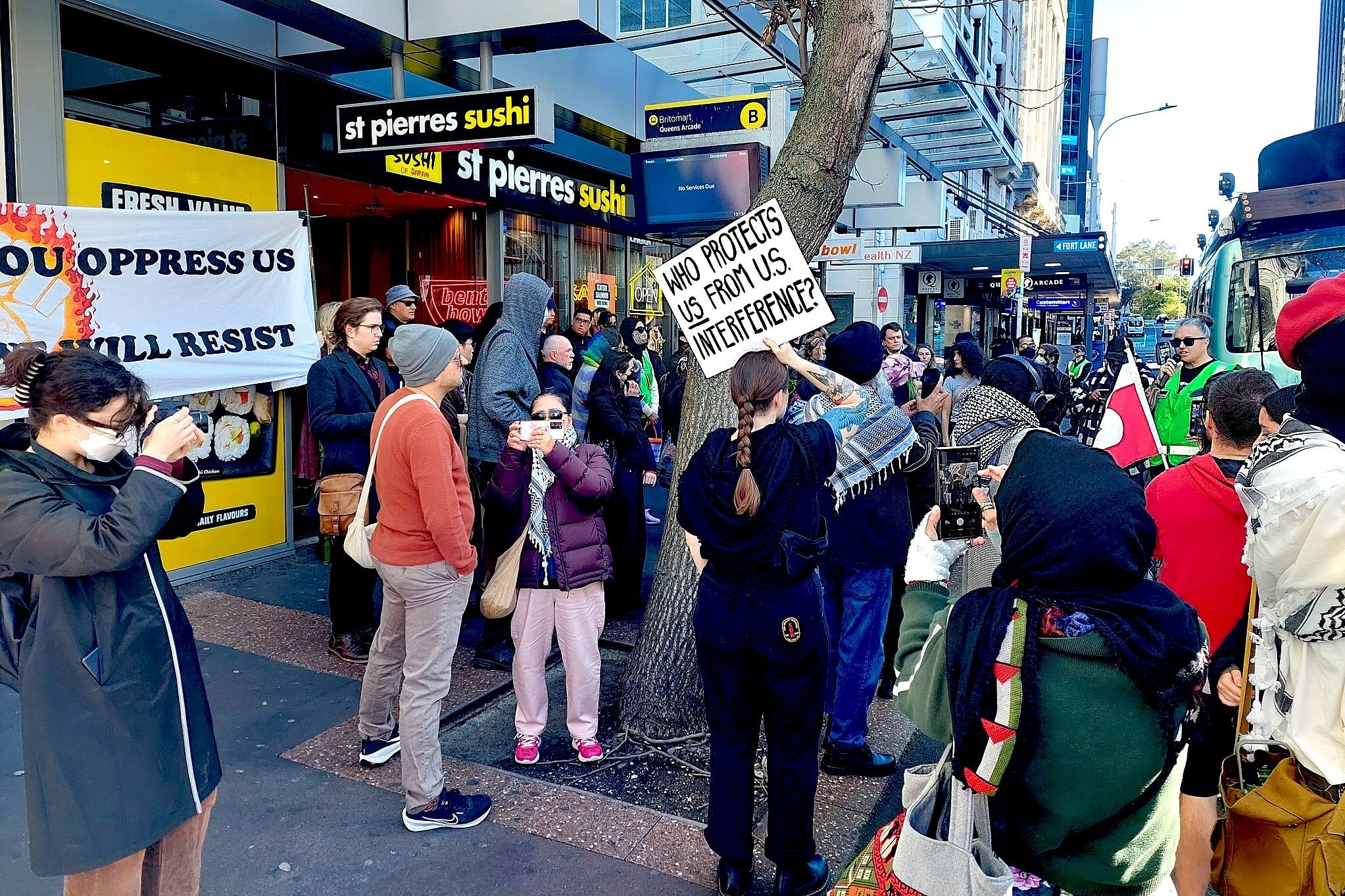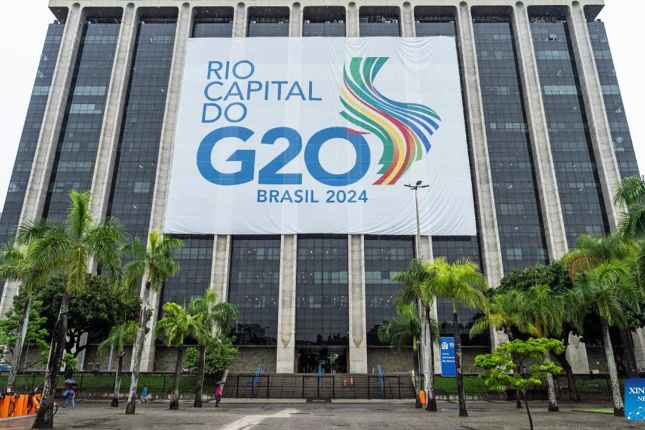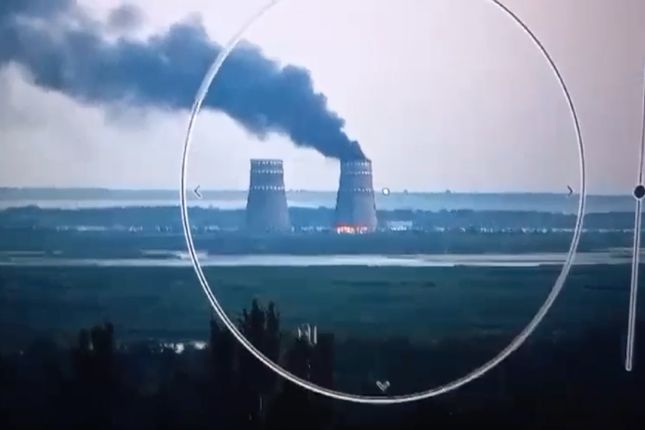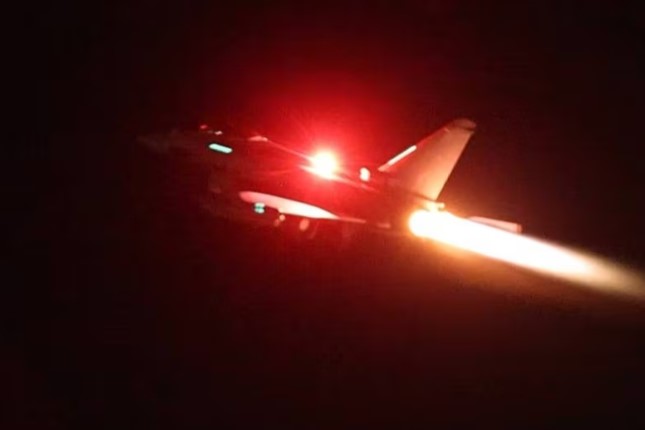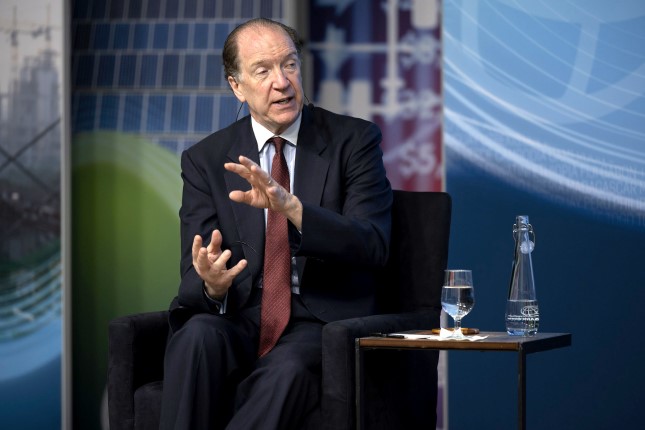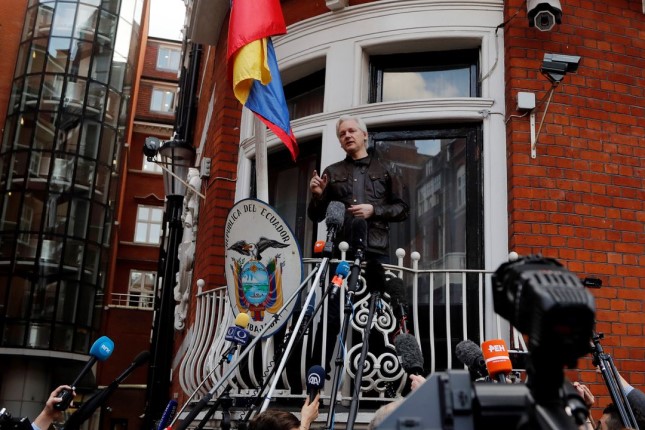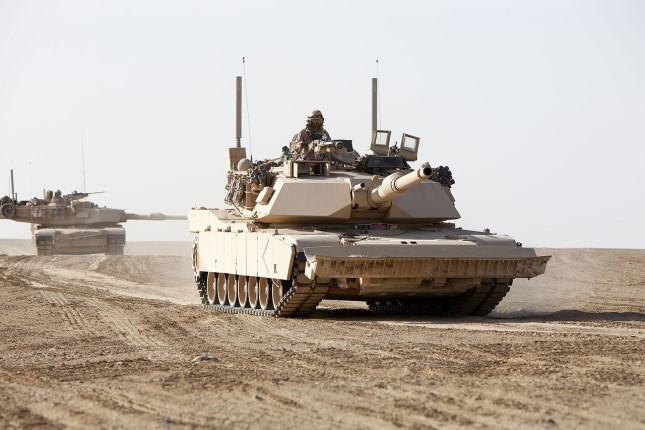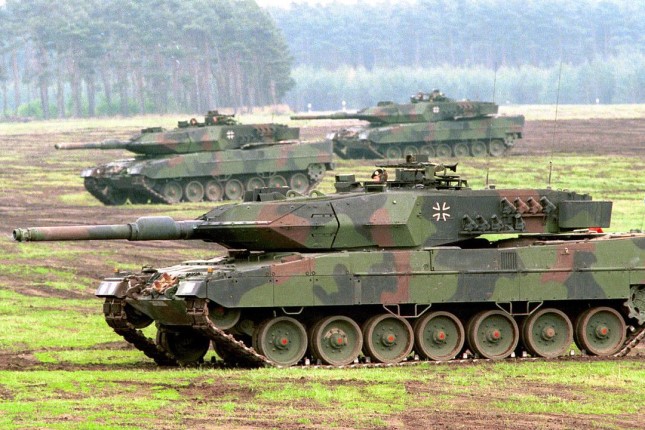The contradictions between the two pillars of the European Union − France and Germany − have reached a critical point. Against the backdrop of a growing wave of publications and comments about the deep discord between President Macron and Chancellor Scholz, only the announcement of the common "enemy" could somehow prevent the deepening of the gap.
The French and German leaders declared their readiness for joint action in response to the adoption in the United States of a law that creates favorable conditions for the transfer of industrial production from Europe to America.
Biden signed the so-called Lower Inflation Act back in August, but European leaders didn't catch on until late October. In particular, the law provides for tax cuts and benefits in the field of energy supply for enterprises that open in the United States. The EU estimates that this could cost the European economy USD 370 billion and, moreover, could undermine leadership in the field of ecology, which the EU sees as fundamentally important for positioning in the world.
The fact that, against the background of the conflict in Ukraine and the energy crisis, Macron and Scholz allowed themselves to publicly speak out against the Biden administration looks like a gesture of desperation. Europe sorely lacks unity and a common vision for the future and situational alliances will not change this.
Shattered balance
Contradictions between France and Germany reached their climax on October 13 when the signing of the protocol on the creation of a European security system took place at NATO headquarters. In addition to Germany, the protocol was signed by Great Britain, Belgium, the Netherlands, Norway, Bulgaria, Romania, Slovakia, Slovenia, the Czech Republic, Hungary, Finland, Lithuania, Latvia, and Estonia. 15 countries in total.
The presence of such a Euro-dissident as Britain is striking. And at the same time, the absence of France − and a number of other important countries from the past, primarily in southern Europe. Noteworthy is the absence of Poland, with which Germany has recently had extremely strained relations. The project is clearly aimed at establishing a new military and political role for Germany. What, in particular, is indicated by the absence of such important countries as Denmark and Sweden.
The main loser is France. In continental Europe, it has always claimed to play a central role in military and political affairs. However, the weight of France has been declining in the last two decades.
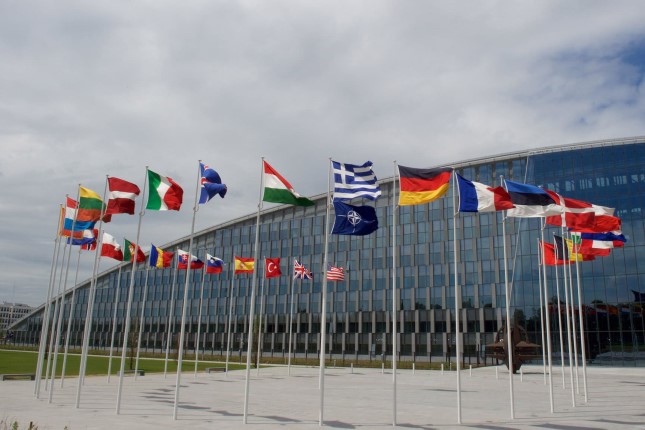
Following Germany's reunification and the EU's expansion, there was an unspoken division of roles between Paris and Berlin: Berlin oversaw eastern Europe and the north of Europe, while Paris oversaw the south and the Mediterranean.France held senior positions in the joint transformation command, which was based in American Norfolk, as well as the regional command, which was based in Lisbon.
However, France's leadership was short-lived. As can be seen from the example of the Ukrainian conflict, the reform of NATO in the interests of Europe did not bring the desired results.
Franco-British adventures in Libya and Syria eventually led to a drastic weakening of European influence in the region. Britain eventually became disillusioned with its continental ally. And France began to rapidly lose influence in Africa, ceasing to play the role of a shadow master of the continent.
The balance of power has shifted significantly towards Germany, which was aided by the debt crisis, out of which Merkel ruled the EU with an iron fist.
France has also lost its leadership in such a traditional sphere of influence as energy. Macron, for example, was enraged by Germany's EUR 200 billion energy bailout scheme for companies and households.
Moreover, the French authorities were not informed in advance about the new package of aid. It even caused the cancellation of the meeting of the governments of the two countries, which indicates a growing gap between the EU states in the energy and military spheres.
France no longer serves as Germany's privileged partner. And there are no signs that Paris will be able to reverse this trend in the near future.
Helsinki and the Failed New Coal and Steel Community
However, the current division in European affairs has another fundamental reason. Specifically, the rebirth of the European Union.
European integration began with the signing of the Treaty on the European Coal and Steel Community in 1951. The agreement united the coal, iron ore, and metallurgical industries of France, Germany, Italy, Belgium, the Netherlands, and Luxembourg. The goal was to prevent a new war in Europe by removing one of the main reasons - competition for natural resources for the metallurgical industry.
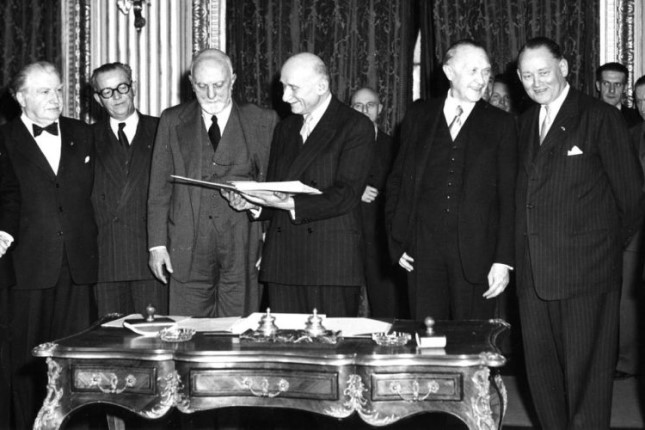
The signing ceremony of the Treaty establishing the European Coal and Steel Community by the foreign ministers of France, Germany, Italy, Belgium, the Netherlands and Luxembourg. Paris, April 18, 1951.
In the future, all economic and political integration processes in Europe would grow out of this association. The goal of integration was to avoid a new war, and economic integration was the tool. For a long time, European politicians remembered the main goal of European integration, which was political. But at some point, they forgot.
From an anti-war economic association, the EU has transformed into an expansionist structure, the purpose of which is to ensure economic dominance for its members.
For a long time, this was seen only in the example of relations with foreign countries. First of all, with Russia, with which the European Union refused to negotiate a new treaty after the expiration of the previous Partnership and Cooperation Agreement in 2004. In 2010, at the economic forum in Berlin, Putin essentially proposed to the Europeans to form a new joint energy policy (primarily around gas and nuclear energy), which could become an analogue of the Coal and Steel Community and would create the basis for the integration of Russia and Europe. But once again, it was not heard.
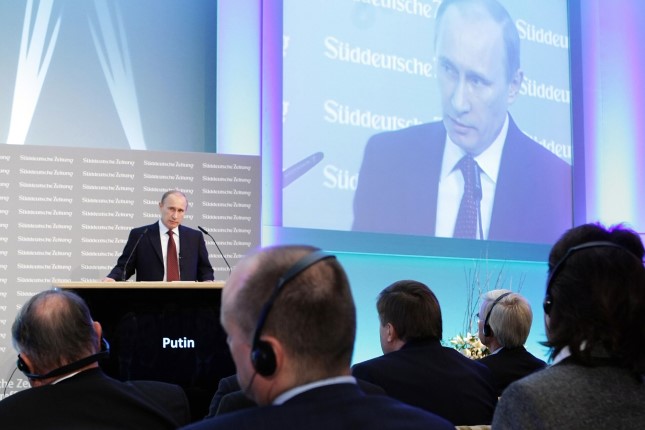
"For some reason, the German public does not like nuclear energy ... But I don't understand at all how you will heat your houses. You don't want gas, you don't develop nuclear energy... Will you heat with wood? But you also have to go to Siberia to get firewood," Vladimir Putin said, speaking in Berlin in 2010.
The Europeans did not notice how they had stepped on the very path that led the continent to the First World War − the path of forceful competition for natural resources.
In parallel, there was a process of degradation of the European security architecture, which was laid down first by the Helsinki Final Act (1975) and then by the Paris Charter for a New Europe (1990). The OSCE as an institution was completely discredited and the Treaty on Conventional Armed Forces in Europe (adapted) was never ratified.
In fact, in the last decade and a half, European politics has become openly consumerist in relation to the achievements made in the previous 60-70 years. The results of the decisions laid down in 1951 and 1975 did not develop. The European system of security and partnership has degraded.
In 2013, the then head of the European Commission, Jean-Claude Juncker, said in an interview with the German weekly magazine Der Spiegel:
"The demons of the past were not banished forever, they just lurked… I am amazed at how similar the contradictions in Europe of 2013 are and the situation that prevailed before the First World War…
In 1913, many believed that there would never be another war in Europe. The leading powers of the continent were so closely tied economically that they could not afford to wage war on each other − this belief was very common. As a result, there was a general feeling of complacency and confidence that there could be no war.
I believe that today everyone who believes that the issue of "war and peace" has been resolved once and for all in Europe can be just as deeply mistaken as those people who did not believe in the possibility of war 100 years ago".
For a long time, the degradation of the European security system was evident only on the eastern borders of the EU. However, it was clear that sooner or later the virus of power competition would infect the European organism. The day has come...
